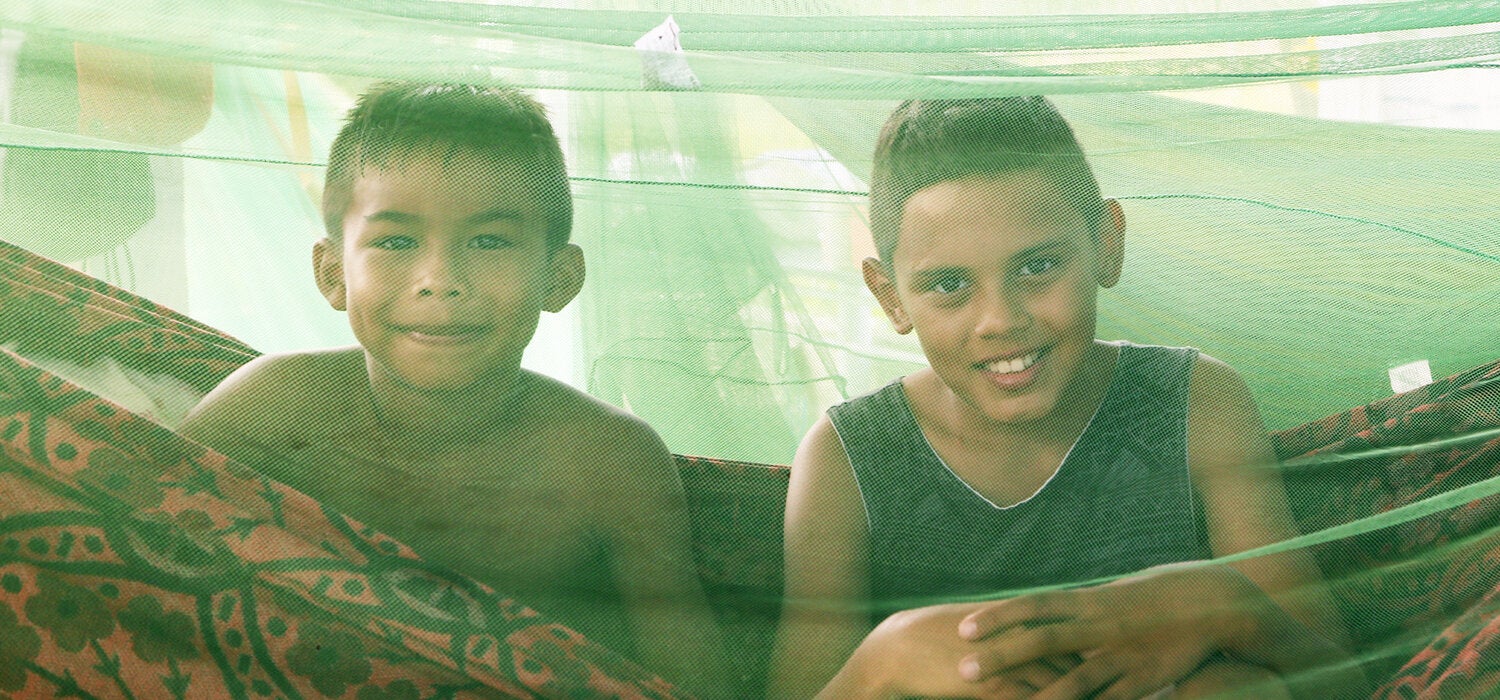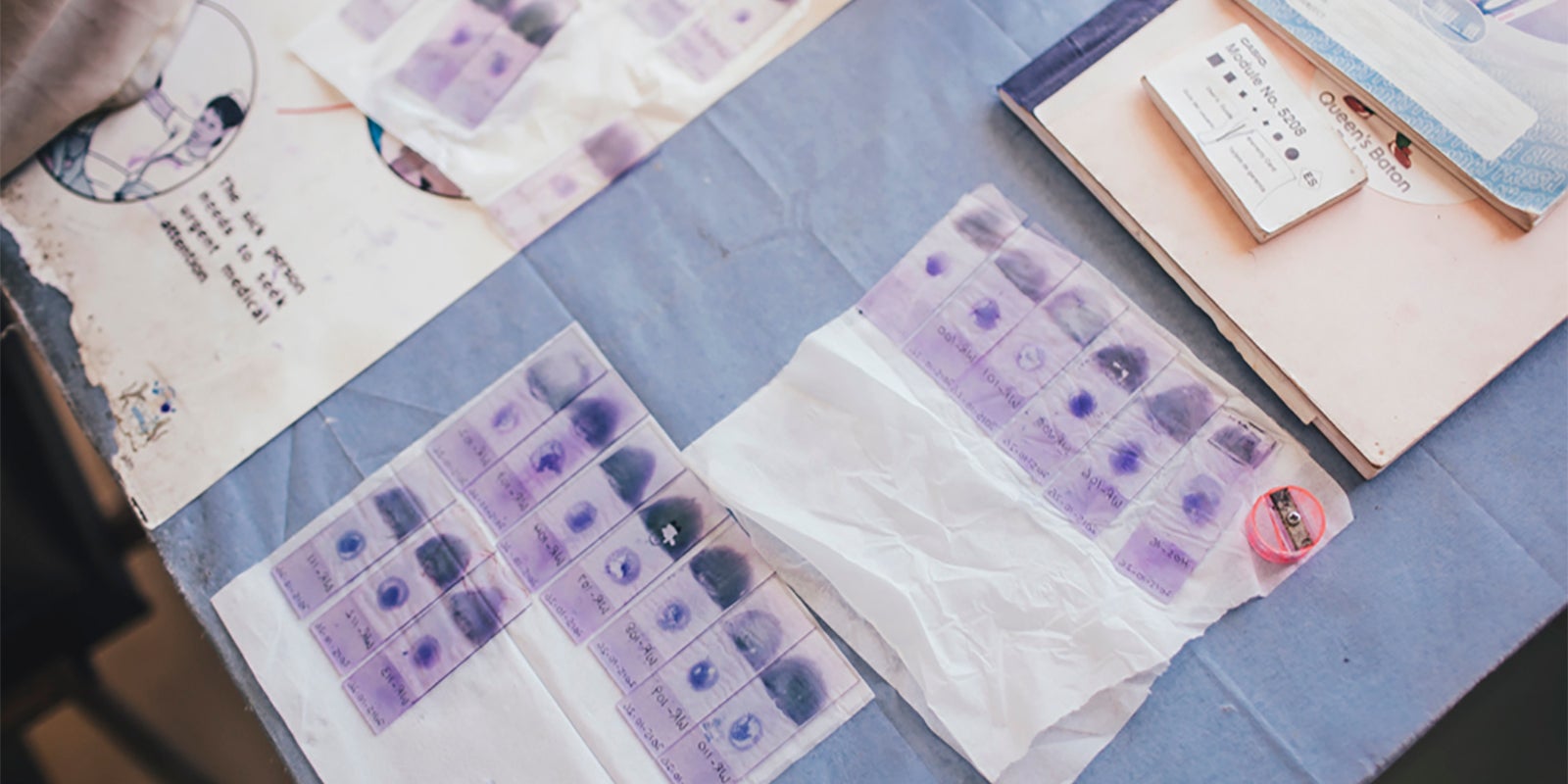Thanks to the international agreements established by PAHO/WHO, and the efforts of the countries in the Americas, the Region’s performance in combating malaria has been outstanding compared with other regions of the world. Malaria success stories in the Americas include the formation of partnerships to accelerate the control and elimination of the disease, particularly since 2000, with the regional adoption of the Global Strategy to Fight Malaria initiated by the RBM Partnership in the Americas.
Since then, various initiatives and collaborations have emerged under the leadership of the AMI, which was formed in 2001. AMI’s activities, along with those of RAVREDA, also formed in 2001, have contributed to reducing morbidity and mortality due to malaria by 67% and 79% respectively in the last 14 years.
These results led to expand the use of lessons learned from the experience to countries outside the Amazon area and the implementation of strategic partnerships with key partners to document resistance to conventional antimalarial drugs, ensure the availability and quality of drugs, and document and disseminate success stories, while at the same time vigorously encouraging among countries cooperation.
In the Americas, November 6th has been designated as 'Malaria Day' since 2009. Activities include honoring the 'Malaria Champions of the Americas' with awards and recognizing best practices and success stories in the fight against malaria.
The champions are selected from projects or organizations in the endemic countries that have demonstrated excellence in malaria activities. For example, in 2014, the 'Malaria Champions of the Americas Prize' was awarded to projects in the Dominican Republic, Honduras, and Guatemala for their accomplishments in preventing and controlling malaria and moving toward its elimination. These projects are examples of efforts that helped to drastically reduce the burden of malaria in the Americas in the last years. “We have taken an enormous step; we have seen a drastic reduction in the number of cases since last year", explained an official of the National Center for the Control of Tropical Diseases (Centro Nacional de Control de Enfermedades Tropicales, CENCET), in the Dominican Republic. “I feel happy, because malaria workers always comes to visit us, and we are spraying and implementing control measures. One always lives with fear for one’s children, because if one suffers as an adult, I don’t even want to imagine what it is like for them”, explains Magdalina Contreras, a resident of Dajabón, in the Dominican Republic.
Between 2000 and 2012, national governments in the Americas spent US$ 1.8 billion—91.5% percent of the total investment. External funding amounted to US$ 166 million.
Participation by the governments has also been a fundamental pillar of the effort to combat malaria, particularly with regard to funding. Between 2000 and 2012, national governments in the Americas spent US$ 1.8 billion—91.5% percent of the total investment. External funding amounted to US$ 166 million, most of which came from the Global Fund to Fight AIDS, Tuberculosis and Malaria (Global Fund or GFATM) and USAID.
The political commitment of the countries in the Americas is reflected in the agreement signed in 2012 by the ministers of health of Belize, Costa Rica, the Dominican Republic, El Salvador, Guatemala, Haiti, Honduras, Nicaragua, and Panama to support the Elimination of Malaria in Mesoamerica and the Island of Hispaniola EMMIE initiative. “The Americas have a history of leadership in public health, from poliomyelitis to measles, and malaria is another important example", said Pedro Alonso, Director of the WHO Global Malaria Programme. “The greatest advances with respect to malaria have actually taken place in the Americas. Other regions of the world will benefit enormously from experience in the Americas".
The history of success in the Americas, as a model for other regions of the world, is completed with the example of Argentina, which in 2014 officially requested that WHO begin the process of certifying the elimination of malaria throughout its national territory.


